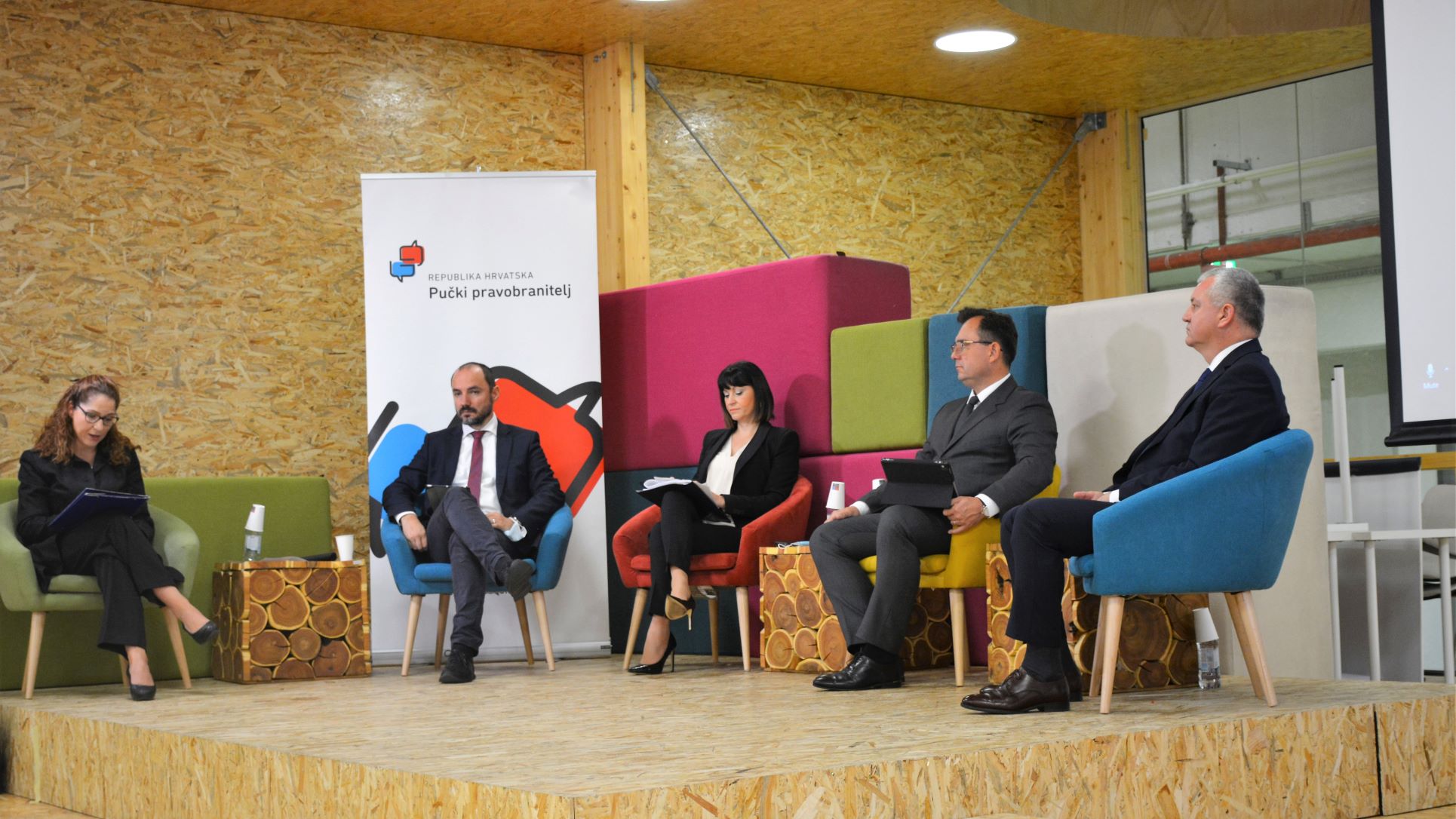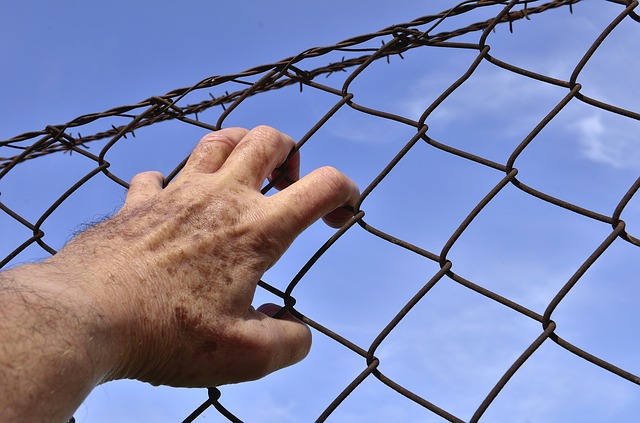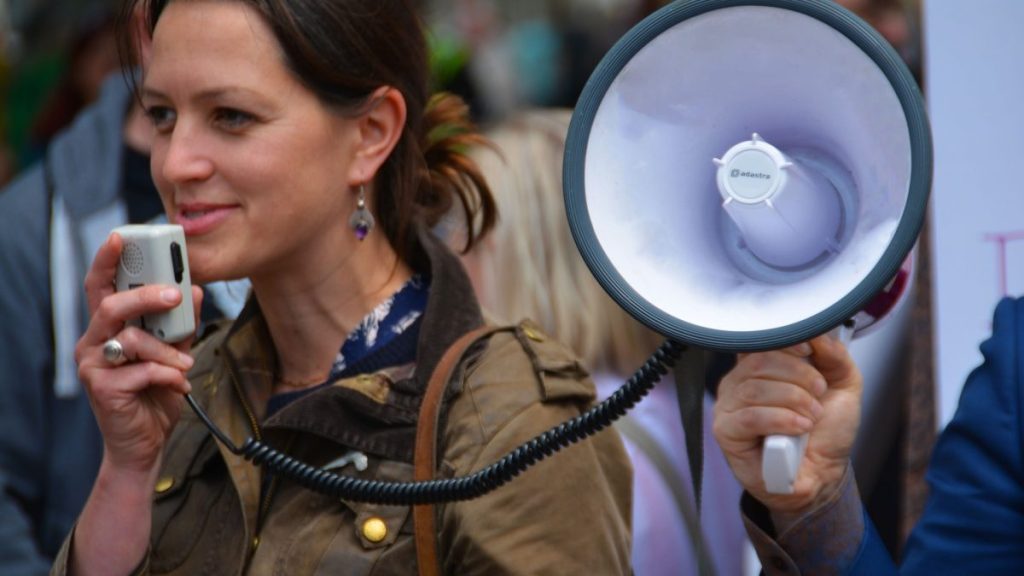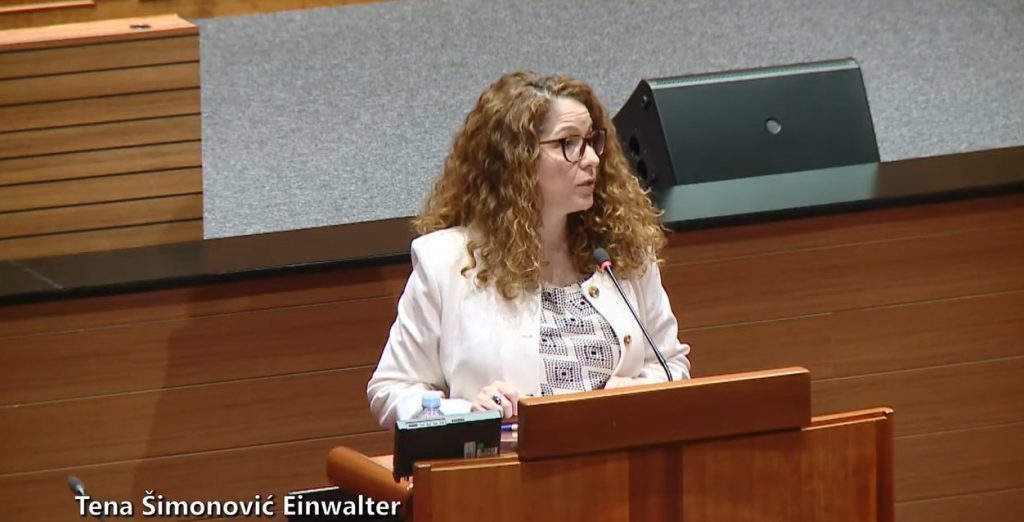Reconstruction after the earthquake and the revitalization of affected areas were the topics of the discussion “Life After the Earthquake – People in Focus,” organized on October 1st by the Ombudswoman, Tena Šimonović Einwalter. All participants agreed that the reconstruction needs to be “much faster, stronger, and greater,” which should be aided by amendments to the Law on the Reconstruction of the City of Zagreb, Krapina-Zagorje County, Zagreb County, Sisak-Moslavina County, and Karlovac County.
“Today we are discussing this topic from the perspective of fundamental human rights, focusing on the people who continue to live with the consequences of the earthquake every day – with an emphasis on the fact that those who were already in vulnerable positions became even more vulnerable after the earthquake. It is the duty of the state and its institutions, and all levels of government, to ensure rights for everyone, especially vulnerable groups,” said the Ombudswoman. She emphasized that it is not the earthquakes that violate human rights, but rather the response of the state, authorities, and institutions to them – this is a matter of protecting human rights, primarily the right to a home and dignified housing, but also the right to safety, healthcare, work, water, and others. It is the state’s responsibility to create laws, and if they are difficult to implement and involve inefficient processes, the state must improve them. She added that finding the best solutions requires participatory dialogue with citizens.
Boris Milošević, Deputy Prime Minister for Social Affairs and Human Rights, explained the establishment of the Civil Protection Headquarters for addressing the consequences of the earthquake disaster and how reconstruction has proceeded so far in Sisak-Moslavina County. He illustrated the obstacles by saying, among other things, “Nowadays, you have a better chance of winning the lottery than finding a property with 1/1 ownership.” He also noted that many family homes in rural areas are not legally registered—not because people didn’t want to, but because they didn’t have the means during or after construction.
Darko Horvat, Minister of Physical Planning, Construction, and State Assets, looked to the future, stating that the proposed amendments to the Reconstruction Law aim to improve the legal framework and accelerate processes. He announced the introduction of a Law on the Management and Maintenance of Buildings that will define the rights and responsibilities of co-owners and building managers, as well as the establishment of a new institution – the Croatian Center for Earthquake Engineering – tasked with creating a new hazard map for seismic risk. Speaking on the importance of regional development and the revitalization of Sisak-Moslavina County, as well as the use of EU funds for reconstruction, Minister of Regional Development and EU Funds Nataša Tramišak emphasized: “It’s not enough just to return people to their homes; we must also address the economy, so they have better jobs and stable incomes. Otherwise, how will they pay for living expenses and utilities? These are the questions we are considering.”
Damir Vanđelić, Director of the Reconstruction Fund for the City of Zagreb, Krapina-Zagorje, and Zagreb County, stressed that people need to know where they will live and why they should stay. He sees answers partly in the Reconstruction Law and partly in the use of available funds. “We are in an incredible situation today where there is money available, but it unfortunately isn’t being spent – and that needs to change,” he concluded.
In the second part of the discussion, citizens from the affected areas and organizations helping them on the ground shared their experiences. Among them was Slavica Marčeta from the humanitarian organization ADRA Croatia, which operates in the Glina area. “Every day, about ten people ask us when they’ll move into their new homes. And you have to look them in the eye every day, and you’ll be with them tomorrow and the next day, as you have been for the past nine months. You have to give them hope, perspective, be there for them in everything – a handshake, a smile, kindness that they need, but also help them realize their rights.”
Milana Kreća from the Civil Rights Project Sisak warned that citizens often don’t know what their rights are or how to exercise them. She appealed to the state to allocate more financial resources for free legal aid in Sisak-Moslavina County, to ensure that it’s available to everyone who needs it, and highlighted the importance of supporting the organizations that provide it.
“My family has moved four times since the earthquake: first with relatives, then with one set of friends, then with another, and now we’re in an apartment for which the rent is paid by the ministry,” said Branimir Novak from Medvedski Breg. He still doesn’t have a final decision about the demolition of his house, even though the issue isn’t related to property-legal ownership. Speaking about the lengthy procedures, he asked: “Why can’t the decision on demolition be made at the same time as the decision on the request to build a house?”
“I get chills when I hear people say the reconstruction will last forever. I just can’t accept that. And I hope no one else can either – we should all be working with full force so we can say, ‘It’ll be done in five or six years,’ but that we actually know when,” said Marina Bolanča from the civic initiative SOS Zagreb.
In a letter, Marija from Dankovec, Zagreb shared her experience: “We won’t stop knocking, writing, calling, speaking, and rightfully demanding answers and a reconstruction that is seen and felt. We are not avoiding responsibility – we are taking it. We are not just numbers and statistics for EU reports. We are not enemies or disobedient citizens. We want to have our home again. We work toward that every second of our lives. One day in the future, we’ll be able to tell our children that we did everything we could to have our home again.”
In the third part of the discussion, representatives of local communities spoke. The mayor of Petrinja, Magdalena Komes, emphasized the importance of revitalizing affected areas, which must follow reconstruction. Deputy Mayor of Zagreb Luka Korlaet said the announced amendments to the Reconstruction Law are moving in the right direction, and that heads of city departments are already preparing numerous comments as part of the public consultation, which opened yesterday.
In the final part of the discussion, attendees welcomed the initiative of the Ombudswoman to act as an independent institution bringing together different stakeholders and serving as a bridge between various levels of government, NGOs, and citizens. The initiative promotes participatory discussion while putting people and human rights at the center. Participants invited all interested parties to join the e-consultation on the amendments to the Reconstruction Law, which will be open until October 7, 2021.




